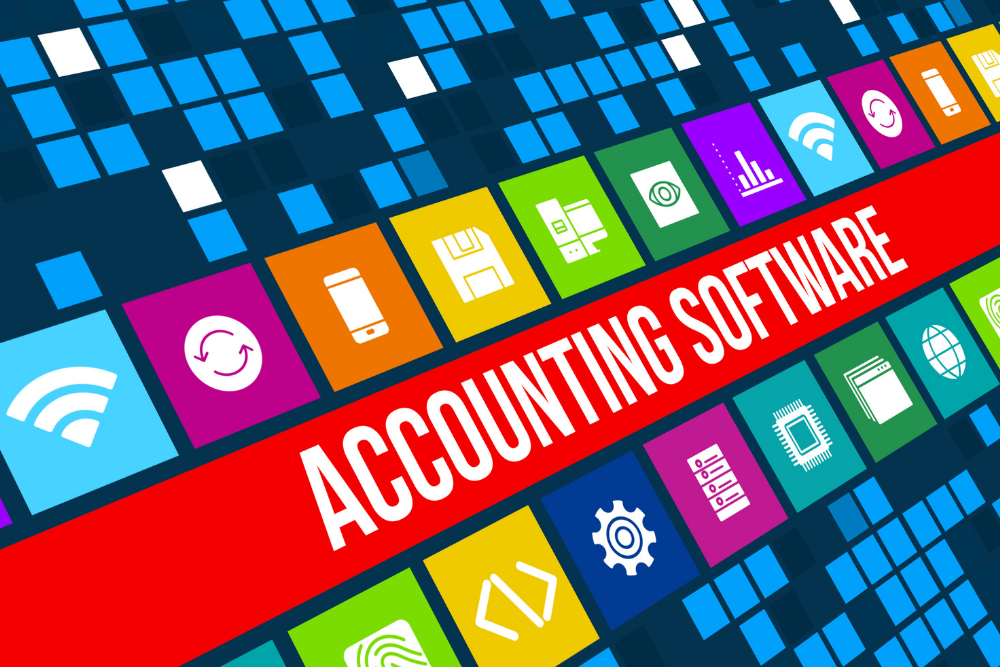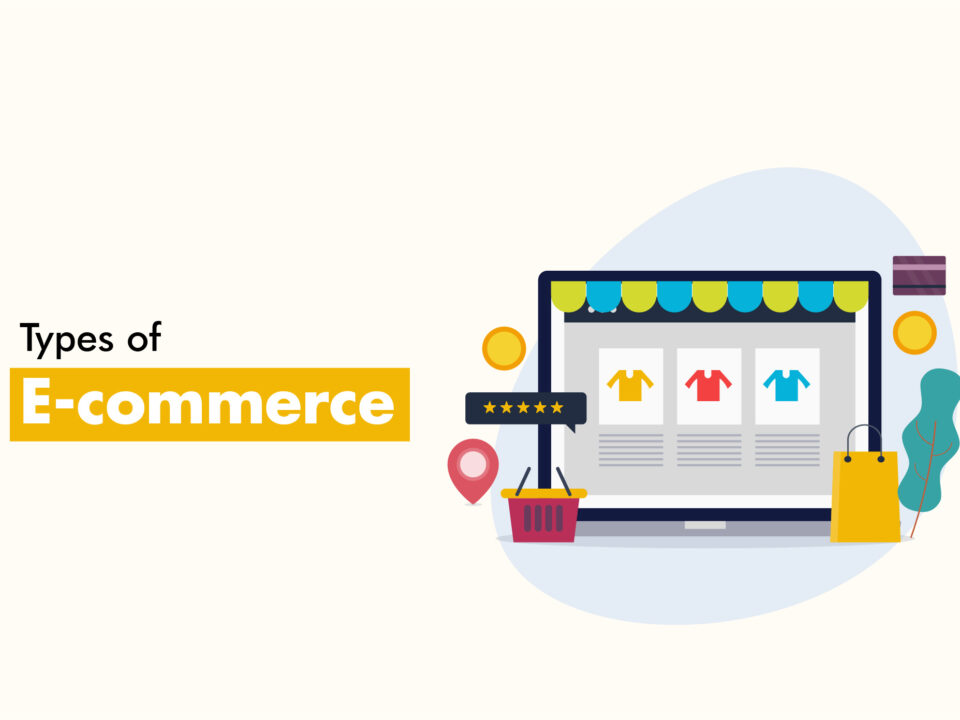
Understanding accounting needs is vital for those looking to break into the booming e-commerce arena. But what makes it different from traditional bookkeeping? And where should you start when opening your store? We have all the necessary information entrepreneurs need on how to handle their finances properly for their business venture to reach its fullest potential. So get up-to-date on everything necessary today – dive into our guide and discover why owning an online shop has such high rewards while providing exciting challenges.
Why Is E-Commerce Accounting Different?
For e-commerce accounting, the same basic principles apply to any other type of business. However, due to its nature and inventory management processes that prove more complex than a traditional storefront setup – what with production at overseas factories plus tracking remote storage locations during transportation or distribution across multiple channels while simultaneously keeping tabs on customer orders and shipping status updates – managing an online company’s finances requires extra diligence. The added volume also makes monitoring transactions particularly challenging for this unique industry.
Types of Accounting for E-Commerce

When you own an e-commerce business, it is crucial to understand the distinct differences between two accepted accounting methods. Both can affect your financial records and taxes for better or worse – so let us dive in! Here is a look at both options available with pros and cons and how they work so you make the best choice when filing taxes.
Cash Basis of Accounting
This is the most straightforward approach to accounting and is often used by small business owners, especially those just starting. With cash basis accounting, receipts, and payments are recorded the same day they are received or sent out. This method keeps track of your current funds very straightforwardly and can make managing taxes easier, as only income or expenses that have been paid in cash or received on credit are counted.
Accrual Basis Of Accounting
This method is more complex and typically used by larger businesses. Accrual basis accounting recognises income and expenses as earned or incurred, not when the funds are released, which means it records transactions even if the cash isn’t yet available. As a result, this method allows for better tracking of short- and long-term commitments and provides an accurate view of what your company may owe or be owed in the future at any given time.
Basic Accounting Tasks

Taking the next step in your e-commerce financial plan? Whether you are handling accounting yourself or outsourcing it, don’t miss out on these essential tasks — from cash flow projections to inventory tracking. It is time to dive into all this dynamic finance sector has to offer.
Track Your Business Transactions
Bookkeeping is the foundation of any business’s accounting practices and can be made more efficient when separate accounts are opened to easily distinguish between personal and enterprise activity. In addition, connecting your finances with specialised software eliminates manual inputting by automatically logging each purchase to ensure all transactions are tracked. Unfortunately, this isn’t always enough for e-commerce stores as they must take additional steps not required elsewhere to maintain accurate records.
Store Supporting Documents
As a small business owner, staying organised is key to ensuring your financial records are on board. To that end, keeping documentation for each expense – including receipts and invoices – is essential so you can easily prove their legitimacy if ever audited by the IRS (which typically goes back at least three years). The good news? You don’t have to stash stacks of paper in file cabinets anymore – digital record management software allows businesses to take photos of hard copies and then store them securely online. Not only does this reduce clutter around the office, but it also makes access easier should more information be needed down the road.
Manage Your Inventory
As e-commerce businesses scale, tracking your inventory accurately can be daunting. Attempting to keep track manually can quickly become an unsustainable process – luckily, the right software solution offers relief from this stressful task. Modern inventory management tools provide numerous benefits, such as keeping tabs on items at each stage of production and sale, plus easy integration with financial systems for accurate reporting in real-time. Investing in quality online inventory tracking software is invaluable if you want to stay organised and profitable no matter how fast your business grows.
Create Financial Statements
Your company’s financial statements are essential for securing business financing, making informed decisions, and filing accurate taxes. The two most important ones to include in the Balance Sheet are your assets, liabilities, and equity at a given time, such as year-end – and Income Statement (also known as Profit & Loss), showing revenues, cost of goods sold, operating expenses and net income over an extended period like the whole tax year. A Cash Flow statement can also be beneficial if you use accrual basis accounting; it provides critical insight into managing operations liquidity.
Analyse Financial Trends
Financial statements are essential for keeping your e-commerce business running smoothly and efficiently. Identifying key trends to monitor, such as cash flow movements, budget variances, and sales activity, can help you make informed decisions that will lead to success in the long run. In addition, analysing these figures regularly could be the difference between reaching your goals or having financial worries ahead — so stay one step ahead of any potential challenges by visiting vigilant when examining where you stand financially.
Stay On Top Of Your Tax Obligations
Suitable systems and processes will help you stay on top of tax obligations. It is essential to understand how sales taxes work and collect them properly, which can vary state by state, country by country, or even product by product. Ensuring that filing deadlines are met is also critical, as non-compliance can have serious consequences. Using online tax software can make it easier to manage the process and provide a sound accounting foundation that will hold up under scrutiny.
Things to Consider before you Start Accounting for Your E-Commerce Store

If you are launching a new venture, some essential accounting tools can help make it much smoother. Getting these in order before getting started will save headaches and hassle down the line – when taxes come due or seeking capital for future endeavors. The key is revving up with preventative measures from day one.
Business Tax ID
One of the first steps for any business is registering for a federal tax ID or Employer Identification Number (EIN). The IRS and other government agencies track your company’s financial records and activities using this number. Ensure you have this set up before opening a shop, as it will help keep your taxes organised and avoid potential compliance issues.
Accounting Software
Investing in accounting software is essential for modern e-commerce businesses. Quality software can help streamline processes, save time and money, and ensure you comply with all the applicable regulations. It will also provide detailed data and insights into your business performance.
Bookkeeping
Bookkeeping is the foundation of any successful business venture, and e-commerce is no different. Keeping accurate records of every transaction that passes through your store will make financial statements, filing taxes, and monitoring progress much easier and less stressful overall. It also ensures you are adequately transparent with your customers and compliant with the law.
Business Bank Account
When starting an e-commerce business, it can be easy to overlook the importance of a dedicated bank account. Having that structure in place ahead of time helps ensure your finances remain organised and secure. For non-corporate entities like sole proprietorships, personal accounts are more straightforward and have lower fees. However, these do not provide additional liability protection should you face any legal issues during the operation. Ultimately choosing between a business or personal account comes down to understanding what type offers the best security for running an online platform in today’s competitive market.
FAQs

-
What are the four types of accounting information?
The four types of accounting information are financial, managerial, tax, and cost accounting.
-
How to do e-commerce accounting?
E-commerce accounting involves tracking and recording the transactions of an online business, such as sales, purchases and payments. This includes setting up a business tax ID, investing in accounting software, and keeping accurate records of every transaction. Additionally, understanding sales taxes and filing deadlines is essential to ensure compliance with applicable regulations. Finally, having a dedicated business bank account helps ensure your finances remain organised and secure.
-
What is the most popular accounting software?
The most popular accounting software is QuickBooks Online, which provides businesses with an easy way to manage their finances and stay compliant with applicable regulations. It is a cloud-based platform allowing users to access their financial data anywhere and anytime. Other popular accounting software includes Xero, Zoho Books, and FreshBooks.
-
What are the benefits of e-commerce accounting?
E-commerce accounting helps entrepreneurs and business owners to stay organised and compliant with applicable regulations. It also provides them with detailed insights into their business performance over time. This allows them to make better decisions and adjust their business model to maximise profits. Additionally, having accurate financial records can help entrepreneurs to access loans and other forms of financing. Finally, using accounting software can save time and money by streamlining processes related to bookkeeping and taxes.
Conclusion

Accounting must be taken seriously, no matter the size or scope of your online store. With a detailed guide to e-commerce accounting, you can be sure your business will run smoothly and efficiently while reaping the rewards of being an entrepreneur. Ensure you have all the necessary tools before getting started, like a federal tax ID, accounting software, and bookkeeping – so that when taxes come due, or you seek capital for future endeavors, you will be ahead of the game.


